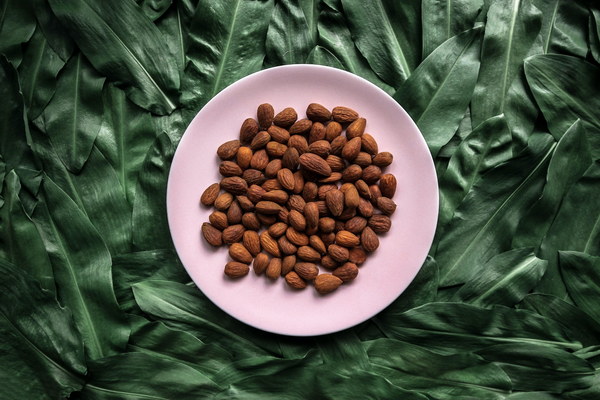Is Astragalus and Codonopsis Good for Stomach Health
Introduction:
Gastric health is crucial for overall well-being, and maintaining a healthy stomach is essential for digesting nutrients effectively and preventing various gastrointestinal issues. In traditional Chinese medicine, certain herbs are believed to promote stomach health. Among them, Astragalus (Astragalus membranaceus) and Codonopsis (Codonopsis pilosula) are commonly used. But do these herbs really benefit stomach health? Let's delve into the topic and explore the potential benefits of Astragalus and Codonopsis for stomach health.
Astragalus and Codonopsis: Overview
Astragalus and Codonopsis are two popular herbs in traditional Chinese medicine, known for their numerous health benefits. These herbs have been used for centuries to treat various ailments, including stomach-related problems.
Astragalus is a flowering plant native to China and other Asian countries. It is renowned for its immune-boosting properties and is often used to strengthen the body's defense mechanisms. On the other hand, Codonopsis is a perennial herb that is believed to have a similar effect on the immune system and is also used to treat fatigue and improve overall well-being.
Benefits of Astragalus and Codonopsis for Stomach Health
1. Enhanced Digestion:
One of the primary benefits of Astragalus and Codonopsis is their ability to improve digestion. These herbs can stimulate the production of digestive juices, leading to better nutrient absorption and a more comfortable digestion process. Consequently, this may help alleviate symptoms of indigestion, bloating, and gas.
2. Anti-inflammatory Properties:
Inflammation is a common cause of stomach discomfort and gastrointestinal issues. Astragalus and Codonopsis possess anti-inflammatory properties that can help reduce inflammation in the stomach lining, thereby alleviating symptoms such as pain, cramping, and bloating.
3. Immune System Support:
A healthy immune system is crucial for maintaining stomach health. Astragalus and Codonopsis have been shown to boost the immune system, making the body more resilient to infections and reducing the likelihood of developing stomach-related problems.
4. Improved Gut Microbiome:

The gut microbiome plays a vital role in maintaining a healthy stomach. Astragalus and Codonopsis have been found to have prebiotic properties, which can promote the growth of beneficial gut bacteria and reduce the overgrowth of harmful bacteria. This can lead to improved gut health and a decrease in gastrointestinal symptoms.
5. Stomach Ulcer Prevention:
Stomach ulcers are caused by a combination of factors, including Helicobacter pylori infection and stomach acid overproduction. Astragalus and Codonopsis may help prevent stomach ulcers by reducing stomach acid production and inhibiting the growth of H. pylori.
How to Use Astragalus and Codonopsis for Stomach Health
While Astragalus and Codonopsis have numerous benefits for stomach health, it is essential to use them correctly. Here are some suggestions on how to incorporate these herbs into your daily routine:
1. Tea: Prepare a tea by boiling Astragalus and Codonopsis roots in water. Strain the mixture and drink it warm. This can be done once or twice a day.
2. Capsules: Astragalus and Codonopsis are also available in capsule form. Follow the dosage instructions provided by the manufacturer.
3. Tincture: Another option is to use a tincture, which can be taken internally. Consult with a healthcare professional for the appropriate dosage.
Conclusion:
In conclusion, Astragalus and Codonopsis are two powerful herbs that may offer significant benefits for stomach health. Their ability to enhance digestion, reduce inflammation, support the immune system, improve gut microbiome, and prevent stomach ulcers makes them valuable additions to a healthy diet and lifestyle. However, it is crucial to consult with a healthcare professional before incorporating these herbs into your routine, as they may interact with certain medications and have contraindications for certain individuals.









